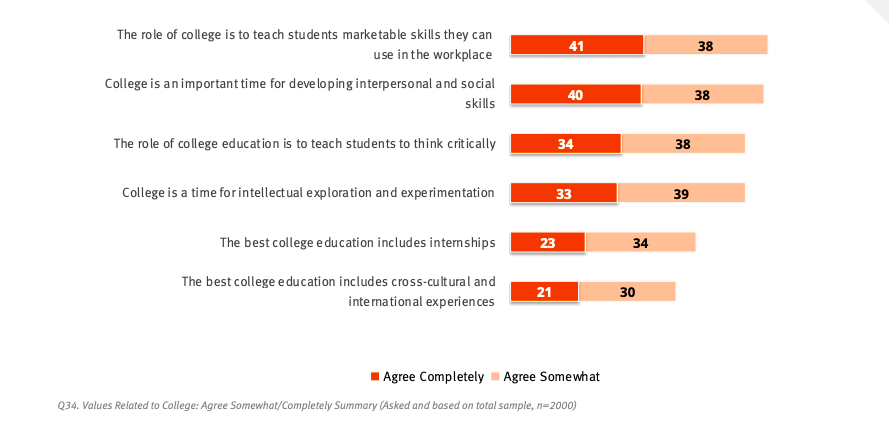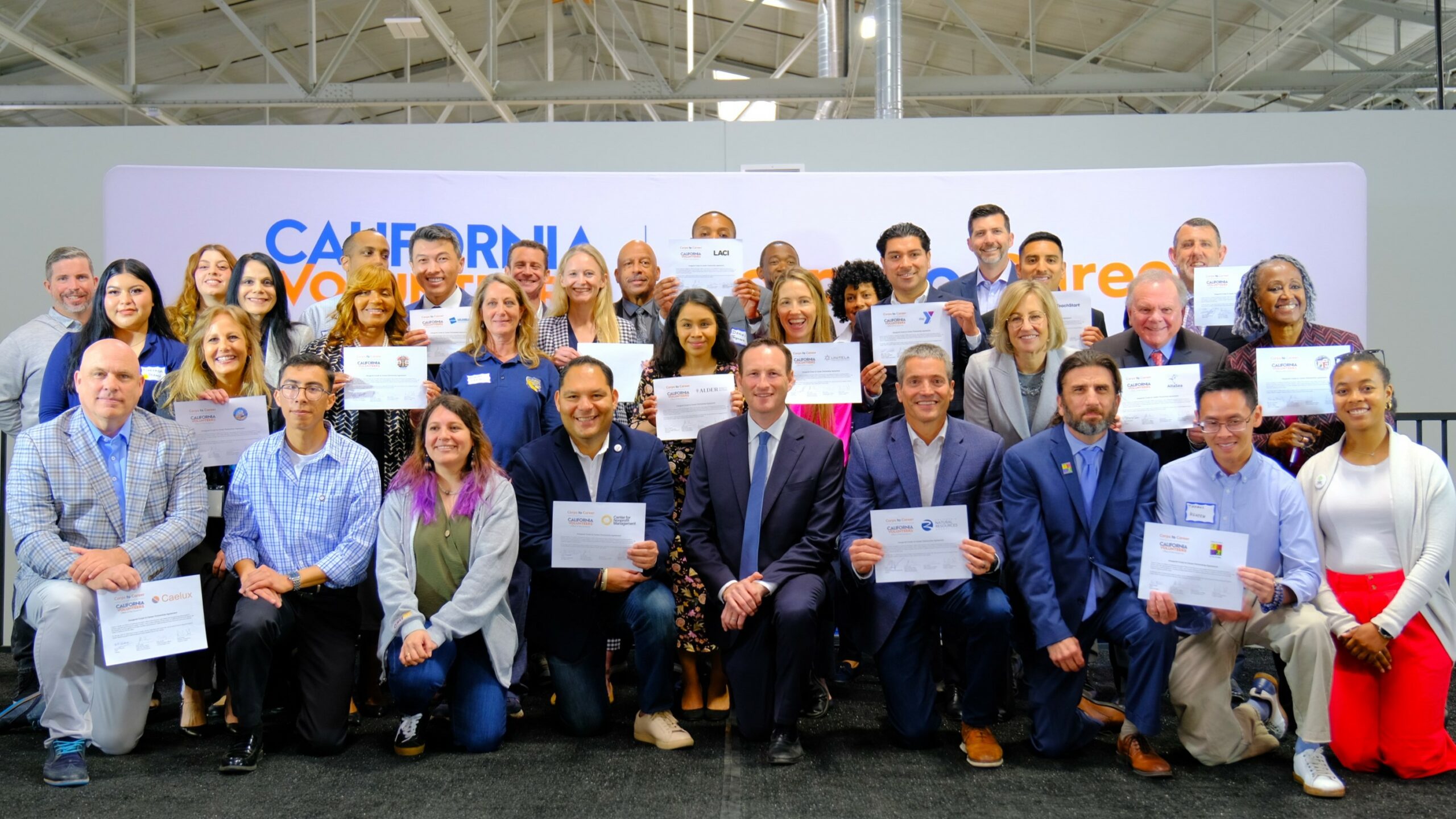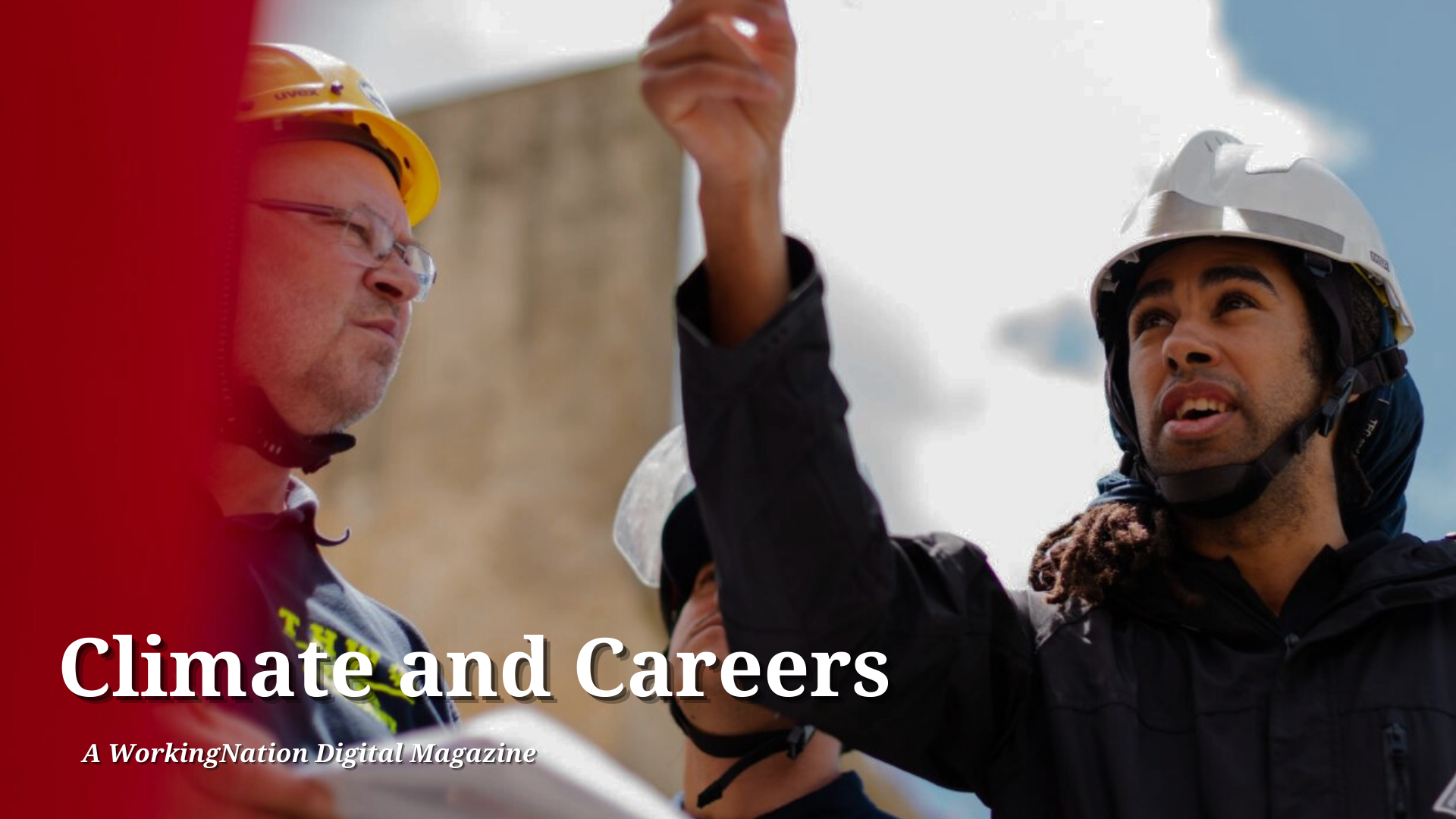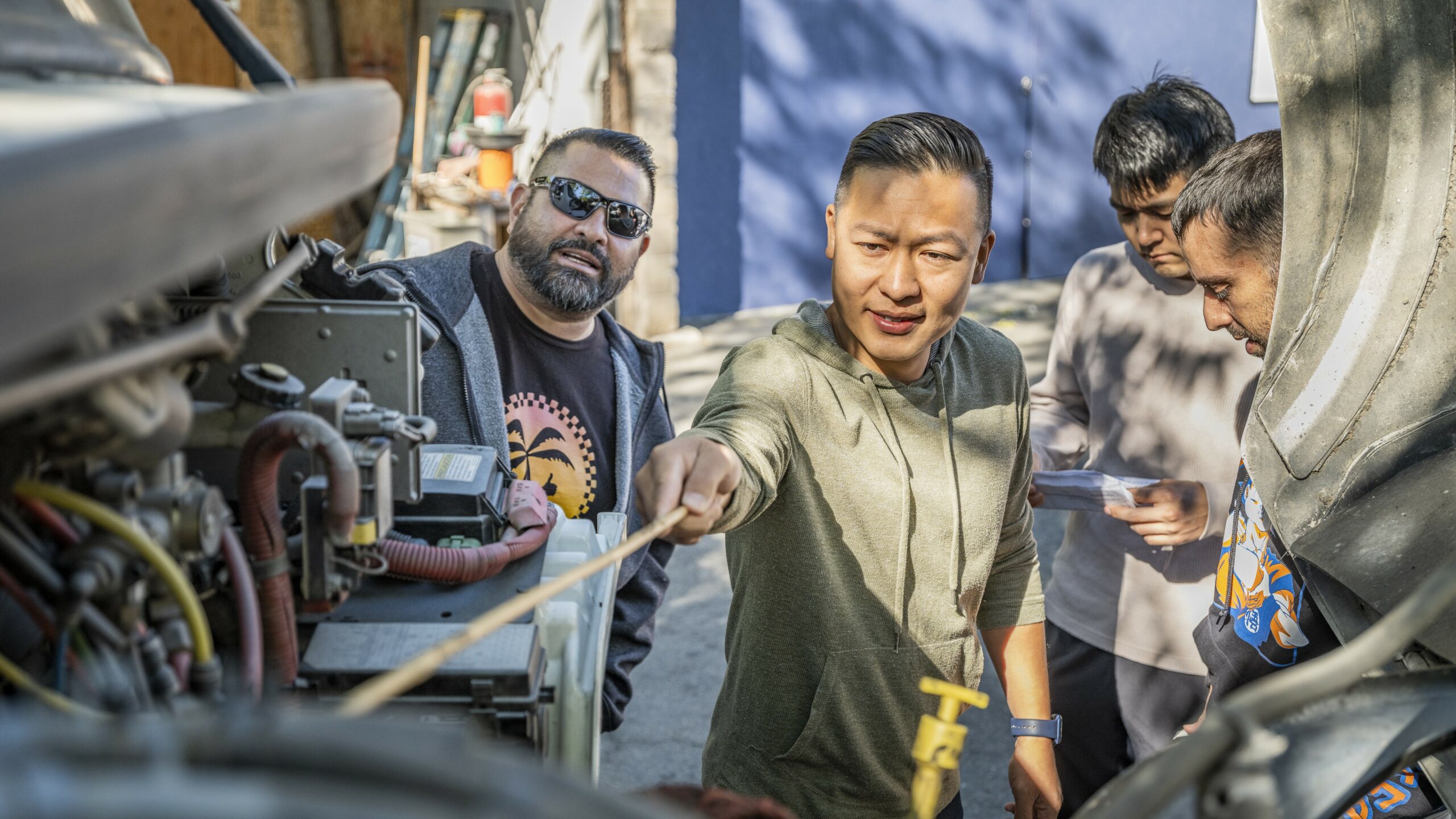Are we experiencing the beginning of the end of higher education as we know it? Several forces are causing a disruption in the traditional high school-college-job pathway. They include the rising cost of college tuition, changing student demands, and the dissatisfaction on the work readiness of college graduates. However, the more you learn, the more you earn. So, some form of higher education still makes sense to launch a career.
But what if it was done in tandem? What if instead of going to college to get a job, students get a job that comes with a college degree? Sound crazy? Not to the 2,000 parents of K-12 kids surveyed in Kaplan University Partners’ latest study, Destination College: Exploring New Routes to Success.
Going beyond the idea of a work-study program or traditional vocational training, Kaplan proposed a “Go Pro Early” program to parents where degrees and other credentials will be part of getting a job as opposed to college being its own discrete experience or pathway into a career.
Some companies including Walmart, Discover, Starbucks, Disney, Papa John’s are already offering this type of benefit to attract talent and re-skill their workforce.
MORE: Businesses should be leaders in training workers
“This is already happening in the case of working adults and employers that offer college education as a benefit. But it will soon be true among traditional-age students. Based on this study, I predict as many as one-third of all traditional students in the next decade will ‘Go Pro Early’ in work directly out of high school with the chance to earn a college degree as part of the package,” Brandon Busteed, Kaplan UP! President writes in Forbes.

The idea of this new model is that employers would fund (in part or full) college tuition while students get an early start in professional career-track jobs. Some of the top benefits of the program include learning professional skills out of high school, learning the practical side of a career, motivating students to finish college, and improving the chances of getting a good job.
“This feels safer than a traditional college path. I know people who can’t find work,” said one parent in the study.
That kind of sentiment was shared by most parents in the study. Seventy-nine percent were excited by the concept and 74 percent said they would consider it for their children.
More and more parents are questioning the value of a U.S. college education and want other options that provide their kids with marketable skills. According to the study, eight out of 10 parents agree that the role of college is to teach students these skills, while only 47% think U.S. colleges are effective in preparing students for the workplace.

This study also found that the pendulum is swinging with parents placing increased value on work experience for their children. Ninety percent believe you can learn from a job, 89 percent see the importance of work for personal growth and 74 percent expect their kids to work while in college.
“This trend, I believe, will soon lead to more employers not only offering college degrees as a benefit for current employees but increasingly as a powerful recruiting tool to hire top talent directly out of high school as well,” Busteed writes. “As the war for talent continues to intensify among employers, it will inevitably lead them to find that talent earlier and accelerate talent development in new ways.”
DOWNLOAD: Destination College: Exploring New Routes to Success
Related Articles:
John Oliver’s career advice to kids growing up in age of automation
‘Robot-Ready’ or not, the future is coming











